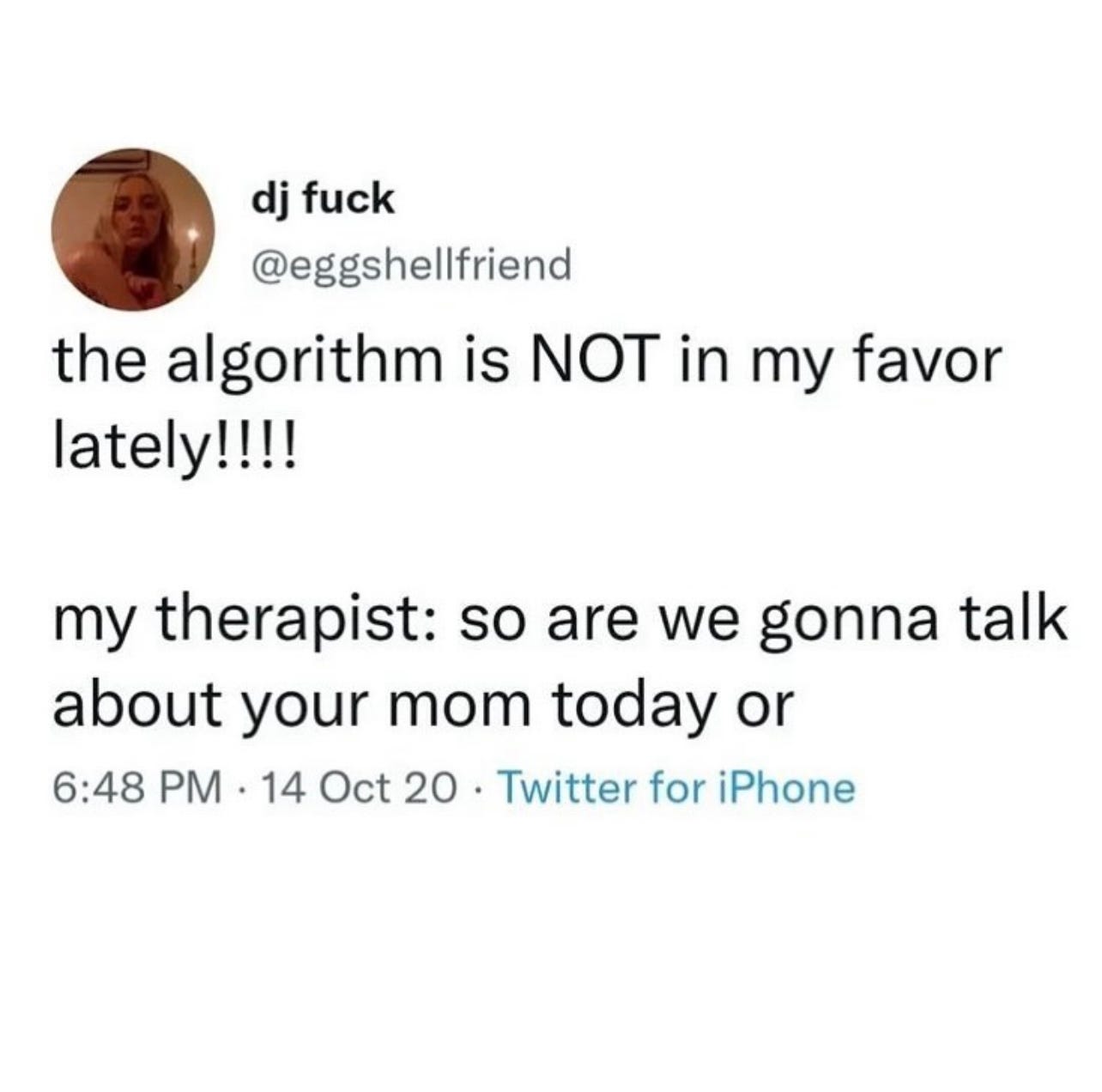Honesty Shouldn't Be Brutal
You’ve probably had someone say this to you before…
“I’m going to be brutally honest with you…”
And immediately your stomach drops, cheeks flush and heart rate spikes, and you brace for the what you know is coming; something that’s going to hurt. And also might have a bit of truth to it.
People often confuse brutal honesty for radical honesty, or “just telling it like it is”, because most adults are incapable of saying what they mean while being kind and remaining in control. Since assertive communication is a skill so few of us have, we usually let our thoughts and feelings accumulate without sharing them directly, which leads to resentment. When we finally do let the cat out of the bag, that resentment comes out too which is how the honesty becomes brutal.
So here’s my hot take- we wouldn’t need to be “brutally honest” if we were more assertive and less conflict averse to begin with. If we could say what we meant the first time, didn’t beat around the bush and took ownership for our own emotional reactions (and let others take ownership for theirs) then being honest wouldn’t need to be an act of brutality.
Here’s a story that you might relate to, one that I hear played out time and time again.
Story Time….
A client, we’ll call her Claire (all names made up*), will be venting to me about about a rupture in one of her close friendships. Friendships between adult women are complex to begin with and when there is a rupture they can be really hard to come back from here. Here’s what happened…
For the better part of the last year Claire has dutifully listened to her friend Jen vent about a fight she continues to have with her husband. Jen brings it up when go on their walks, at their girls’ night, even at school pick up occasionally. She’ll ask Claire for advice and at first Claire shared her thoughts and gave her advice. But after it became clear Jen wasn’t taking her advice and the same fight kept happening, Claire stopped offering it and just listened. But she began to mentally check out more during their conversations and whenever Jen would start complaining about her husband, Claire would try change the subject. It was clear to Claire that even though Jen loved to paint the picture that her husband was being an unreasonable jerk, Jen had a sizeable role in the reoccuring argument and there were behaviors she could change if only she were aware of them.
After several months of Claire being a listening ear for Jen, she begins to feel resentful toward her and angry with how much time and energy she is giving to Jen when she isn’t doing any of the personal work to take accountability for her own role in her problems. On one of their weekly walks, after Claire had a particularly grueling week of work and parenting when she really could have used some support herself, Jen dives right in complaining about her husband again. Before she could stop herself, Claire snaps and interrupts Jen.
Claire: “Look, I’m going to be brutally honest with you.”
Jen: (shocked) “What are you talking about?”
Claire: “You like to act like all of the problems in your marriage are John’s fault, and I know he isn’t perfect, but you haven’t done one thing to take any responsibility for your part. You’re obsessed with being right, you keep score of everything and you can’t let go of anything. Sometimes I wonder if you want actually want to work on your marriage and make it better or if you just want to have something to complain about.”
Jen: “That was so mean, what is wrong with you? I can’t even talk to you right now.”
Fast forward to Claire sitting in her session that week, really upset that Jen will not speak to her or has asked for some space because what she said was “so harsh”. Was Claire right? Yeah, probably. But because it was something she had been holding onto for so long it was laced with anger and resentment and came out in a hurtful way.
Had Claire set a boundary with Jen months earlier about her venting about her husband, this rupture would have been prevented.
Saying What You Mean Without Being Mean
A good rule of thumb for saying what you mean without being mean is keeping things focused on you and your experience instead of the other person’s behavior. In the story above Claire could have said “I feel frustrated that I spend a lot of time listening to you talk about the same problem over and over again and even though I put a lot effort and energy into the advice I give you, it seems to fall on deaf ears. Sometimes I feel like like you don’t value my time or really hear what I have to say.”
Even better, Claire could have set a boundary with Jen that she didn’t want to hear about this same fight her husband anymore and she might have requested that Jen did not bring it up with her anymore.
So the next time someone asks, “can I be brutally honest with you?”
You can take control of the situation and respond….
“You can say something difficult while remaining kind, but you cannot be brutal, no.”
“I want you to be honest and direct, of course, but no you cannot be brutal.”
For the Laughs…
I hope this helps…
Melissa










